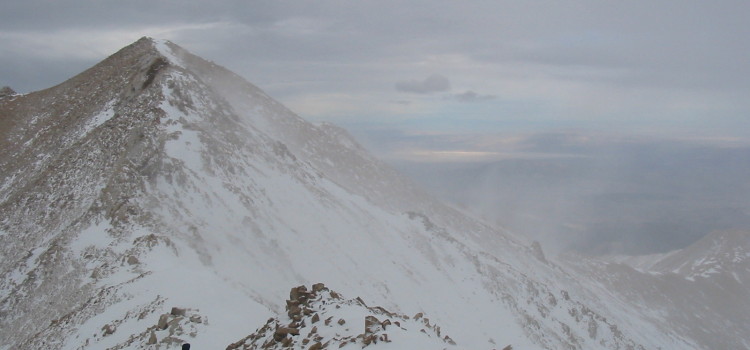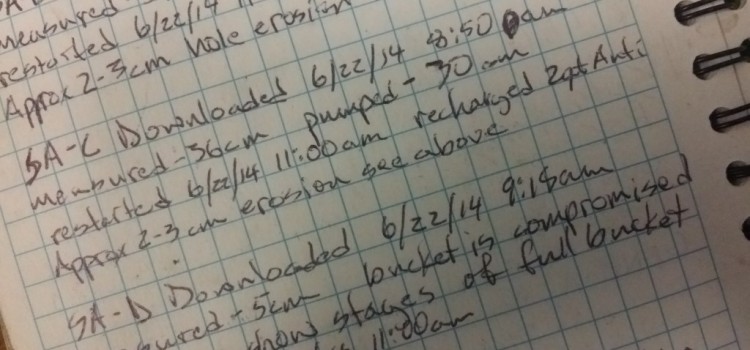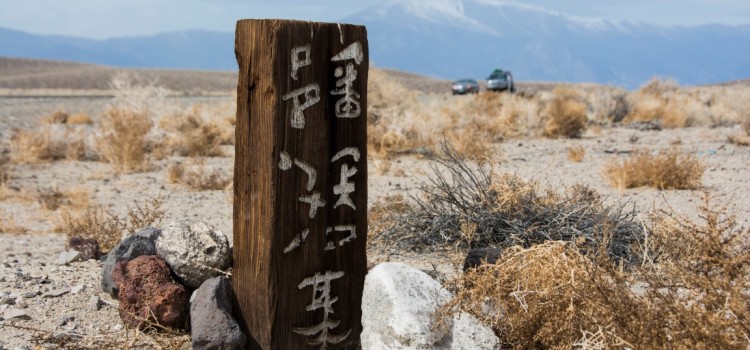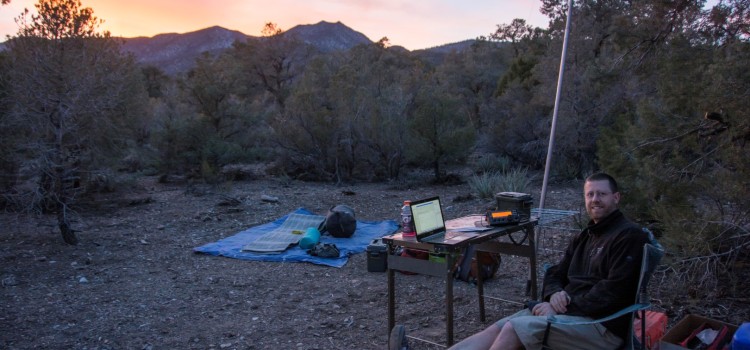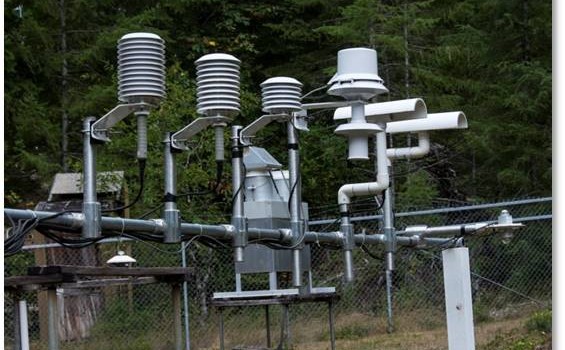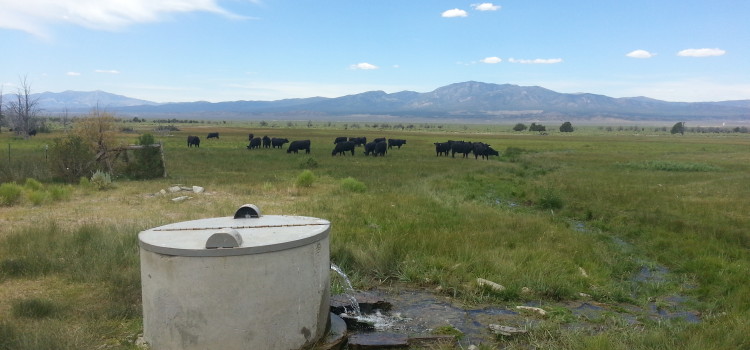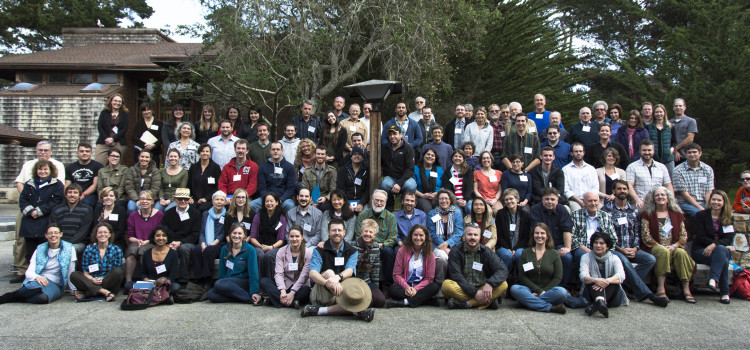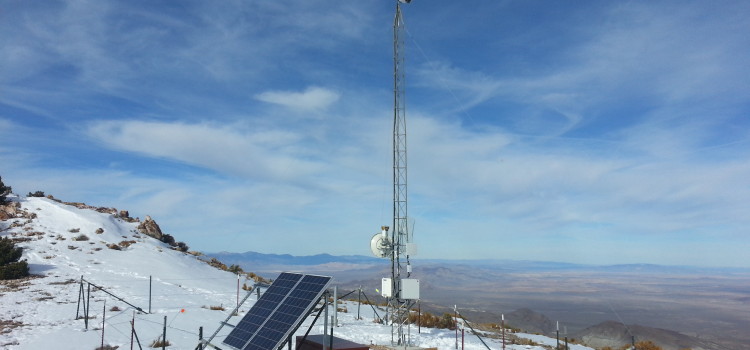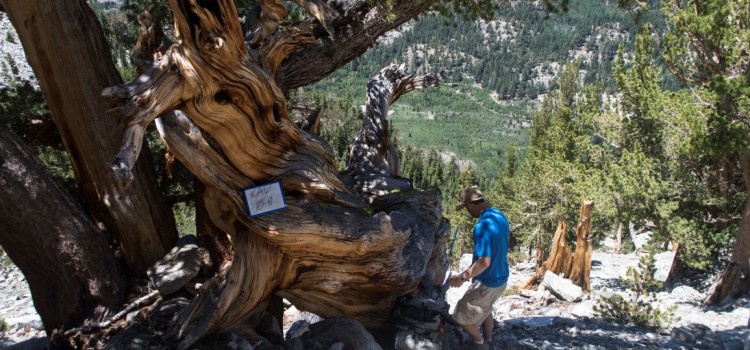If there is one practice or tool that every single branch of field science could benefit more from, it is still-picture photography. Communication of your work, your application, and your environment is made infinitely easier when high quality photographs are
Photography: the field scientist’s secret weapon [Part 1]
![Photography: the field scientist’s secret weapon [Part 1] Photography: the field scientist’s secret weapon [Part 1]](http://scottystrachan.com/wp/wp-content/uploads/2015/03/DSC_1593-Medium-557x350.jpg)

